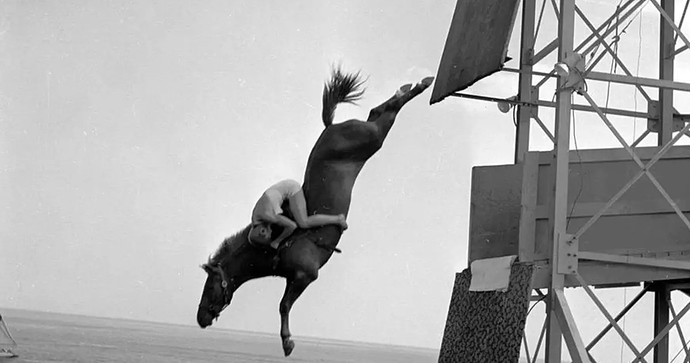The temperatures are an added stressor to the horses. I really think that asking your horse to compete in over 100 degree temperatures for that amount of time and distance is very unfair to the animal.
Here in Florida, it is almost always over 100 degrees out during the summer. High heat and high humidity. I would not dream of asking my horses to ride for 25-50 miles in temperatures like that. If you start at 6 am and are in by 11am, you might be fine. But if you were to start at noon and ride til 6 pm- you would be risking heat stroke for yourself and your horse.
Even a fit horse can suffer from heat exhaustion/heat stroke and dehydration. Yes you are going to need IV fluids, for yourself and your horses if you are trying to do an endurance race in those conditions.
IF you ran the same race and the temperature was cooler than that, you would have a much better completion rate, with fewer heat related illnesses.
I’m not saying they should ban the race, but perhaps take a closer look at temperatures and humidity before running the race (or move it earlier or later in the season). Another factor is that trails tend to degrade over time. You have erosion and the passage of hooves over that trail every year, in addition to natural obstacles. I would expect that without repair you will have significant deterioration over time.


